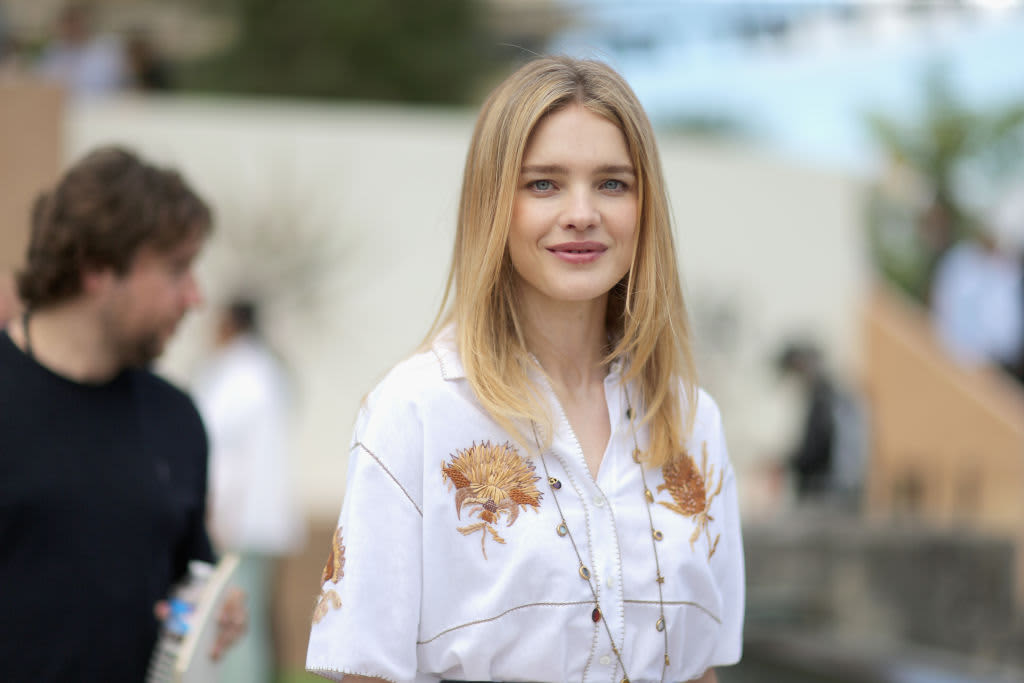Supermodel Natalia Vodianova says her native Russia feels safer during the pandemic than other parts of Europe

Supermodel, philanthropist and entrepreneur Natalia Vodianova told CNBC she feels her native country Russia has coped “incredibly well” with the Covid-19 crisis.
The mother of five, whose close family and charity, the Naked Heart Foundation, is based in the country, said she feels it may currently be safer for them compared to her base in France.
“I feel that my family is safer there than, for example, in France, where I see that a huge effort also is being made, but somehow people are not taking it seriously enough,” she said.
Vodianova – who married her longtime partner Antoine Arnault at a civil service in Paris on Monday – said she was worried for all of her family’s safety during the crisis, but in particular for her mother, her 90-year-old grandmother and her sister Oksana who has autism and is at high risk from the virus.
“It’s been shown that people with special needs get affected more by Covid. We don’t know why, but that seems to be the case,” she said.
Natalia Vodianova at the Christian Dior Haute Couture show as part of Paris Fashion Week on July 3, 2017 in Paris, France.
Edward Berthelot | Getty Images
But the internationally-acclaimed supermodel said Russia had experienced cases of Covid-19 later than other countries and had been able to prepare with the help of information shared by Italy and France.
She said testing was readily available in the country. “We have tests, very cheap and very good tests, available immediately to any individual around the country, almost for free. And you would do a test today, you would have the results in the evening. Or if you do it in the evening, you would have results in the morning, which is not the case in Europe,” she said.
The latest figures compiled from Johns Hopkins University show 1,123,976 confirmed cases of the virus in Russia – the fourth highest in the world after the U.S., India and Brazil. It has reported 19,867 deaths, compared to 31,472 deaths in France which has just experienced another uptick in cases. However, there have been questions raised over the accuracy of the reporting from Moscow due to recent excess deaths data being significantly high.
Vodianova, who is also a tech investor, was speaking after taking part in a “Goals House” panel on “Breaking Barriers for Women’s Health,” being held as part of U.N. General Assembly Week in London.
Vodianova began her Russian-based charity, the Naked Heart Foundation, in 2004. Its mission is to “build an inclusive society open to people with disabilities and special needs.”
Despite the impact of the coronavirus, she said she had managed to switch its focus online for fundraising dinners and schooling for children under the foundation’s care.
She said the uncertainty in the economy and cost-cutting by businesses makes it “harder than ever” to fundraise. “Of course they’re cutting their philanthropic budgets as well and it’s affecting us,” she said.
“We are a very small organization … So we can be more flexible and more resilient actually, during this time. But I’m very fearful for so many vital organizations that are either smaller than us, or that are much larger than us that have bigger expenses, a larger employee force, and they will be, I think, suffering, she said.
Vodianova has invested in a number of tech companies including period tracker app, Flo, and contract-creator app, e-gree.
She told CNBC she would love to see tech and social media being more effective at “bringing people on board” to support organisations like her own foundation.
“We actually would do so much better if a lot of people gave us very, very tiny donations, that would go a long way. I feel that’s the next step of how social media and tech needs to change in order to really lift up organizations like mine,” she said.




